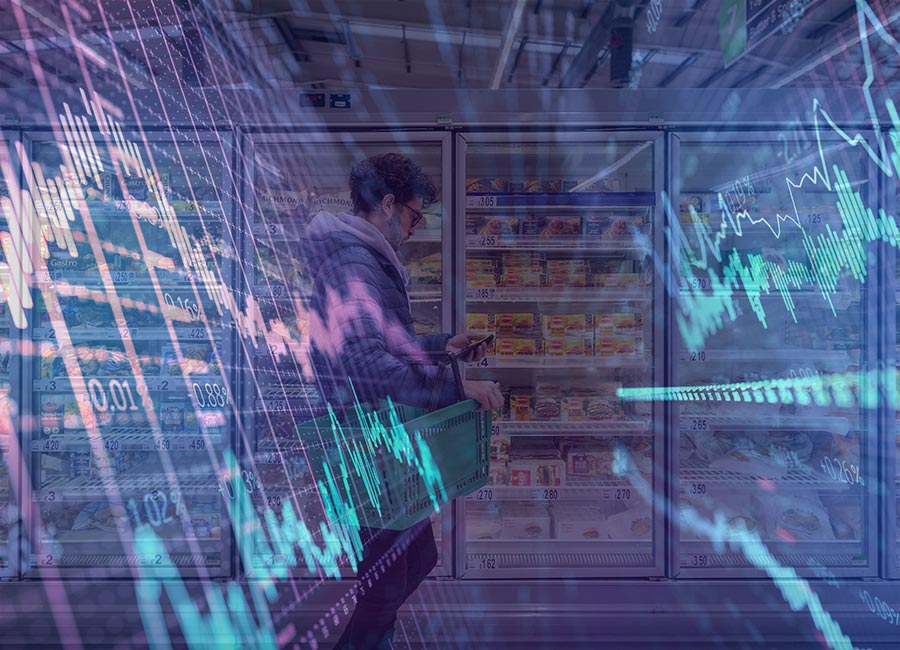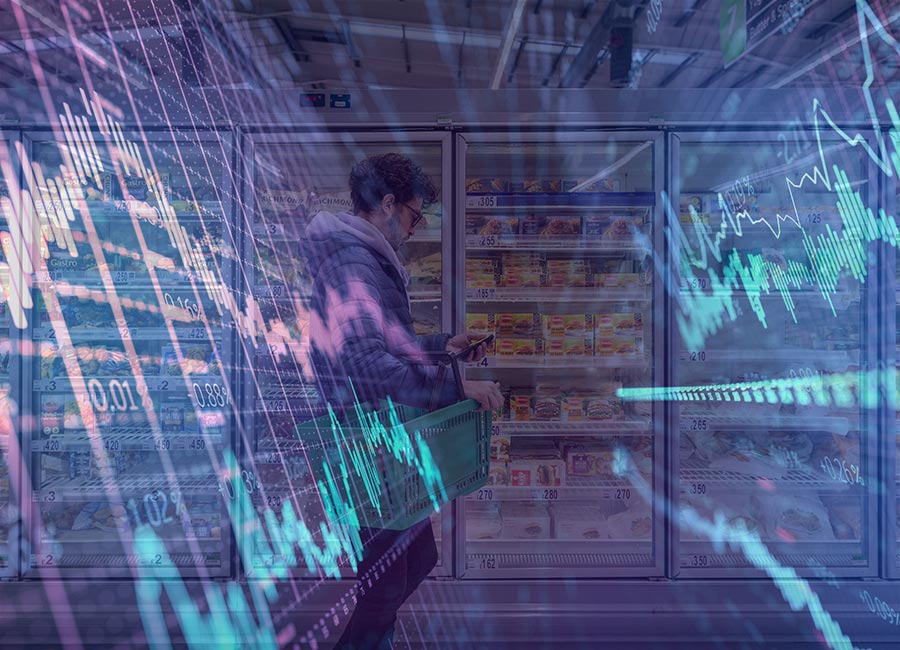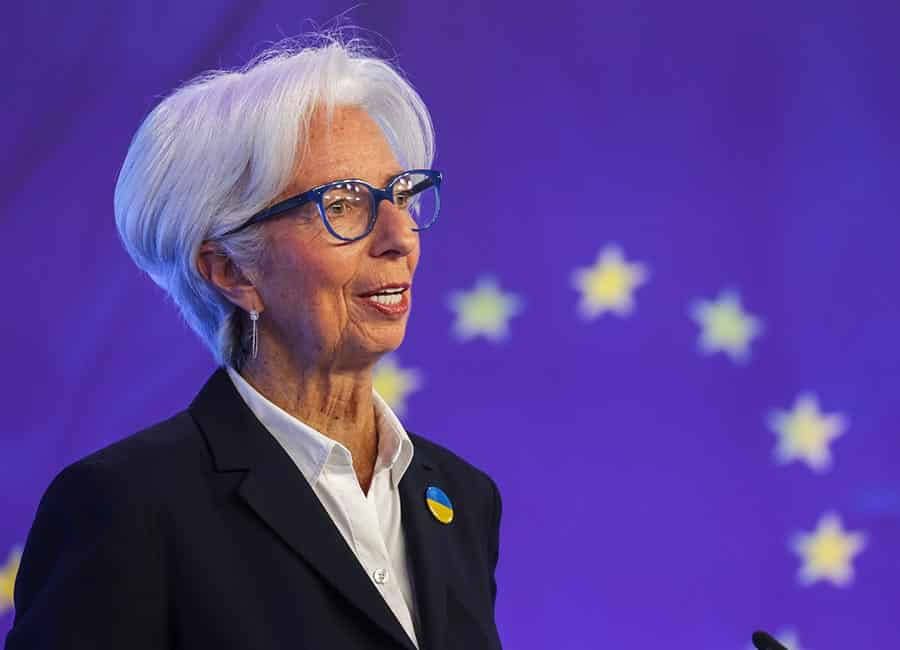The Consumer Price Index (CPI) rose by 7.0% in the year to April 2022, up from an annual increase of 6.7% in the year to March 2022.
This is the largest annual increase in the CPI since November 2000 when annual inflation also stood at 7.0%.
The categories with the largest increases were Transport (+18.9%) and Housing, Water, Electricity, Gas & Other Fuels (+17.1%).
Miscellaneous Goods & Services (-1.6%), Education (-0.8%) and Health (-0.4%) were the only divisions to show a decrease when compared with April 2021.
The monthly CPI increase through April was 0.9%. The largest average price increases in the month were Clothing & Footwear (+3.9%), Communications (+2.9%), Restaurants & Hotels (+1.7%) and Transport (+1.7%) while the largest decrease in the month was seen in Alcoholic Beverages & Tobacco (-0.6%).
Central Statistics Office statistician Colin Cotter commented: “Prices have been rising on an annual basis since April 2021, with an annual inflation of 5% or more recorded each month since October.
“The annual change in Transport costs reflects a rise in the cost of diesel (+40.1%), petrol (+23.9%), purchase of motor cars (+12.7%) and airfares (+92.7%)."
National average prices for selected CPI goods and services for March 2022 were also made available today by the CSO and show that diesel at €1.95 per litre and petrol at €1.93 per litre were up by 61.3 cent per litre (+46.0%) and 50.4 cent per litre (+35.3%) respectively between March 2021 and March 2022.
“Increased energy costs are reflected in electricity up 27.8%, gas up 50.5%, liquid fuels (home heating oil) up 90.1% and solid fuels up 24.7% in the year,” Cotter added.

“The monthly rise in the Restaurants & Hotels sector was due to an increase in the cost of accommodation services (+8.3%) and higher prices for alcoholic drinks and food consumed in licensed premises, restaurants, cafes etc. (+0.9%) compared to March 2022.
“The monthly decrease seen in Alcoholic Beverages & Tobacco is due primarily to lower prices for wine sold in supermarkets and off licences.”
For March 2022, the national average price of a take-home 50cl can of lager at €2.16 was up 32.0 cent on average from March 2021 while a take home 70cl bottle of vodka at €23.90 was up €3.18.
In March 2022, the national average price of a pint of stout in licensed premises was €5.08 while a pint of lager was €5.47.
Looking at some staple items, the national average price for bread (large 800g) white sliced pan) was up 12.9% in the year to March 2022, while the same size brown sliced pan was up 22.2 cent in the year.
Fresh salmon per kg decreased by 12.1 cent in the year while the average price for 2.5kg of potatoes decreased by 9.9 cent.
Knock-on effects
Barry Cahill, director at Taxback.com, said that households having to spend less will have a knock-on effect on the wider economy.
“Households are besieged by the impact of inflation on day to day living costs and it’s uncertain how much more they can withstand,” said Cahill.
“Our most recent taxpayer sentiment survey found that 9 in every 10 people reported to be feeling the pinch of soaring home and transport fuel costs since the start of the year, while 8 in 10 people said they have felt the increases in their alcohol and tobacco and food items bills.
“Spending less is by far the most popular measure people plan to take to curb the impact of rising prices, which will have a knock-on effect on the wider economy, particularly at a time when businesses are trying to recover from the pandemic.”
Cahill added: “While it is a source of financial strain on households, from a business perspective too inflation creates many challenges. Labour costs are on the increase to meet living costs, and the cost of rent, and fuel and other goods and services needed to run a business are all rising.
“It’s putting pressure on smaller businesses to increase their prices to consumers, which in turn puts them at risk of losing customers to bigger companies with larger margins who can maybe afford to pass on a little less pain to consumers.”











